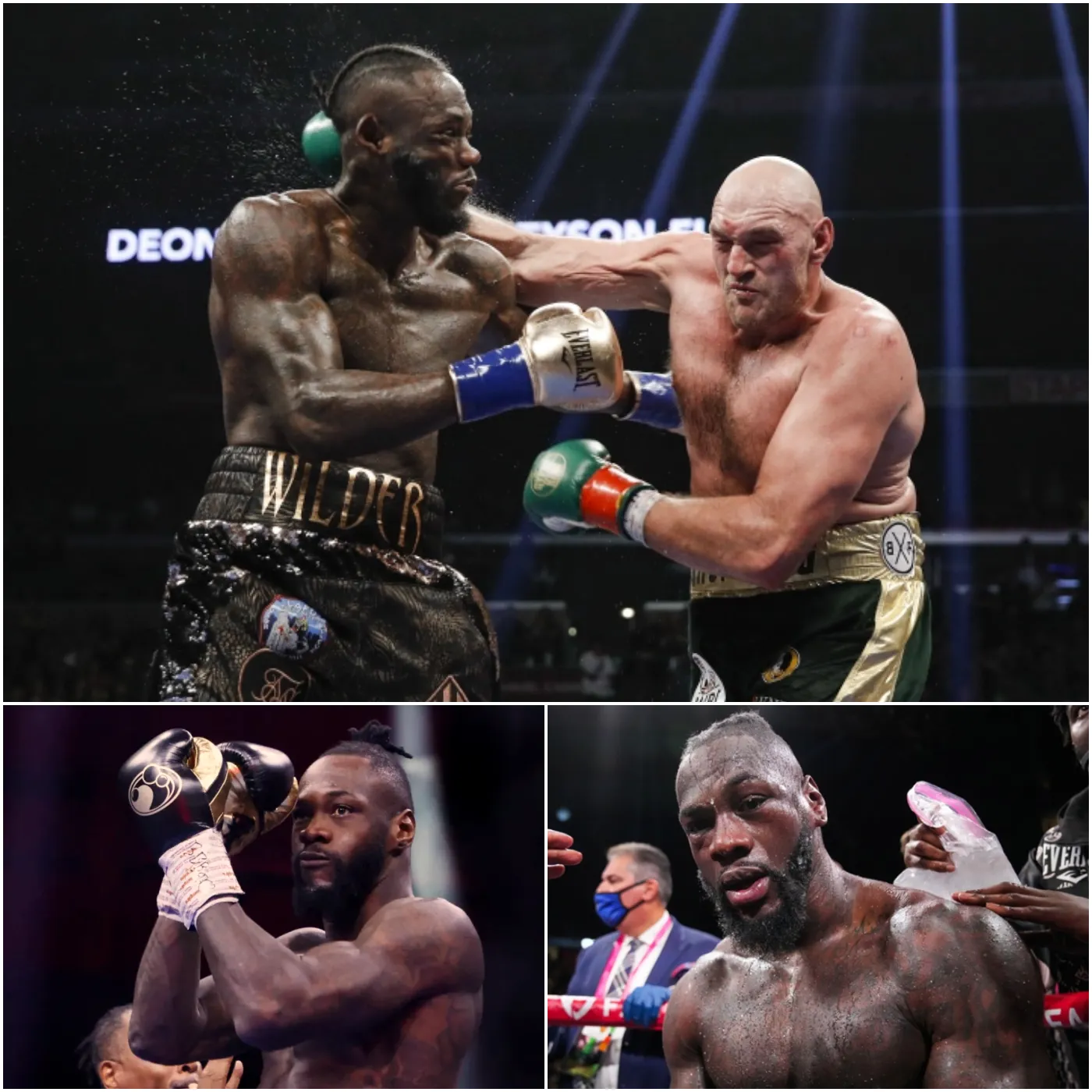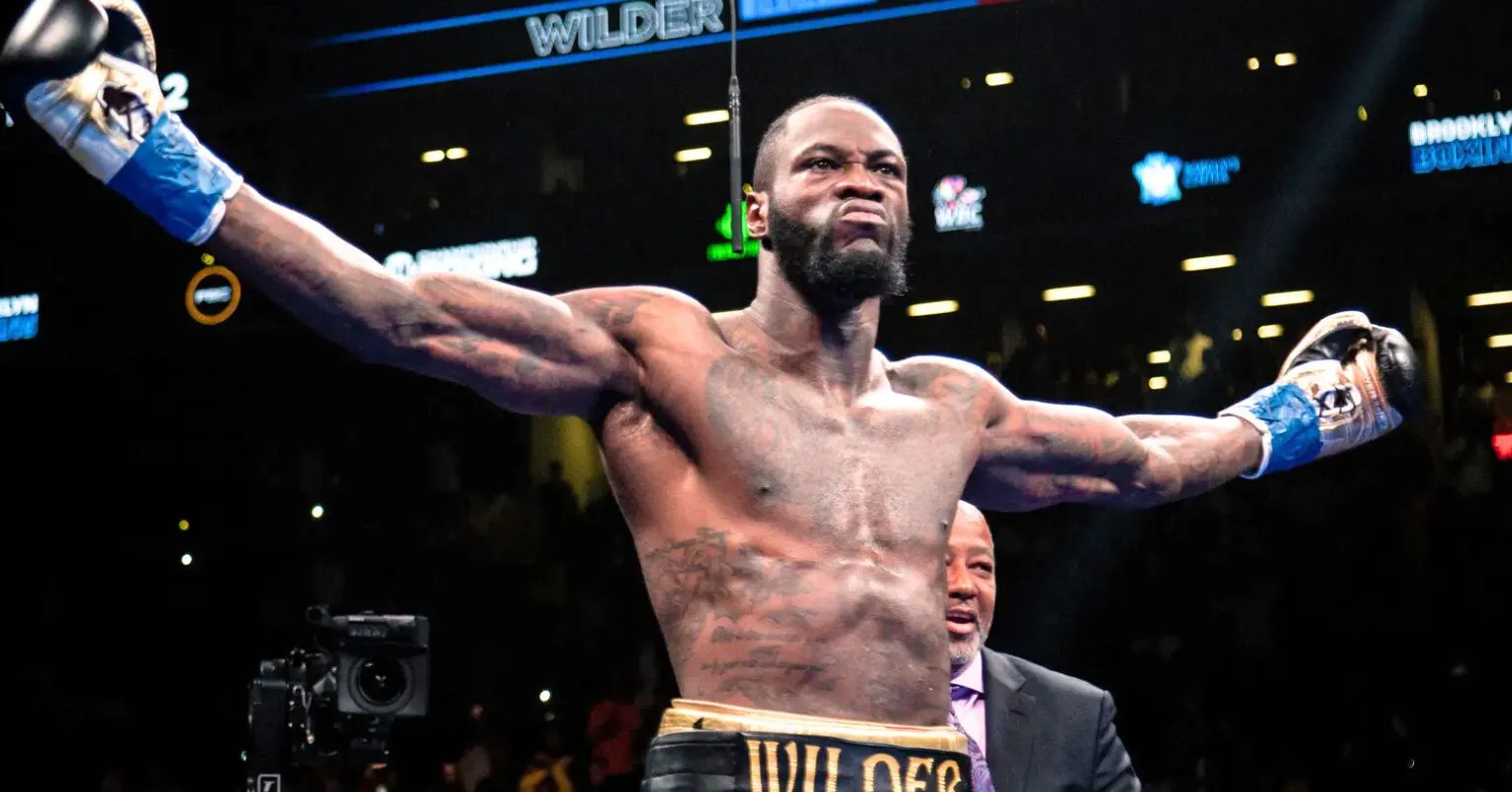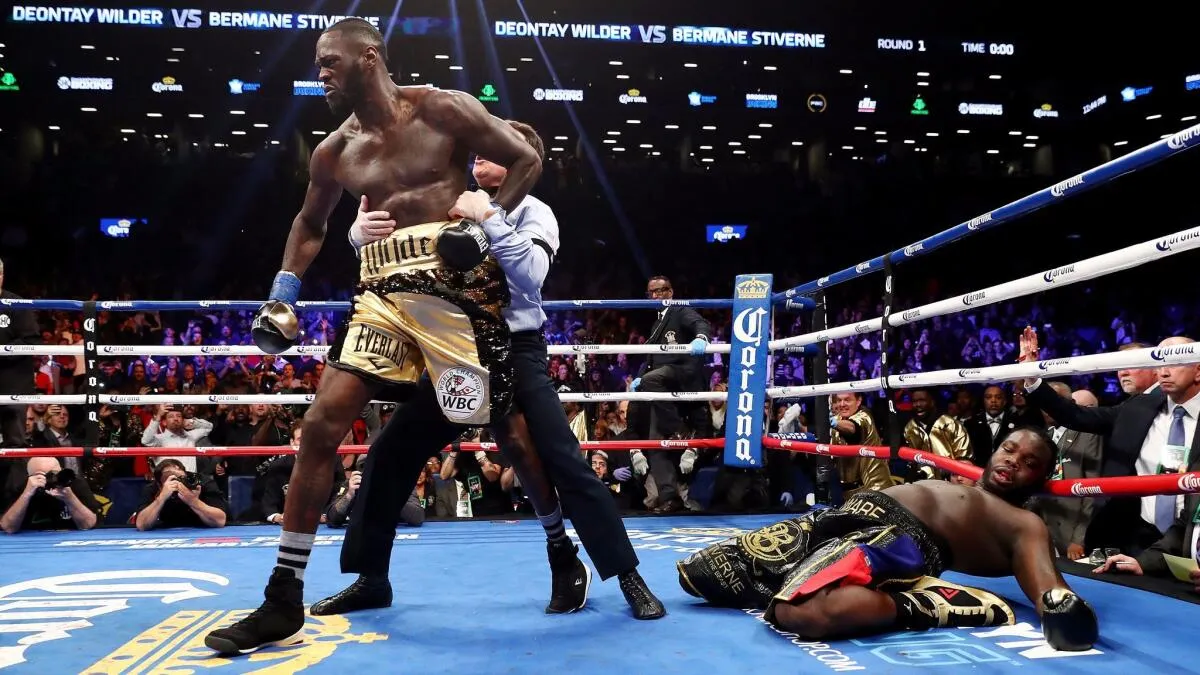Deontay Wilder Paper Champion or Knockout King. The Startling Reality of His Wins.

Deontay Wilder, often hailed as the Knockout King, has an aura of dominance in the boxing world. With an impressive 43 knockouts in 45 wins, his record speaks volumes about his devastating punching power. However, behind the glitz and glory lies a contentious debate: Is Wilder truly a legendary champion, or has he built his career on victories over subpar opponents?
Deontay Wilder’s Meteoric Rise
Wilder’s journey from a late start in boxing to becoming the WBC heavyweight champion is undeniably inspiring. Starting at the age of 20, he quickly rose through the ranks, fueled by an unmatched determination and a lethal right hand. His knockout streak captured the attention of boxing fans worldwide, earning him the moniker “The Bronze Bomber.”

In 2015, Wilder claimed the WBC heavyweight title by defeating Bermane Stiverne. This victory marked the beginning of his reign, solidifying his reputation as a formidable force. Yet, as the dust settled, critics began questioning the caliber of his opposition.
Mediocre Opponents or Strategic Matchmaking?
A closer look at Wilder’s record reveals a trend that fuels the “Paper Champion” narrative. Many of his opponents lacked the pedigree and skill to pose a real threat. Critics argue that strategic matchmaking shielded him from elite competition, allowing him to rack up knockouts against fighters who were, at best, average.
For instance, his early title defenses featured opponents like Eric Molina and Johann Duhaupas—fighters who, while durable, lacked the technical skill to challenge a world-class champion. This pattern persisted, leading to accusations that Wilder’s reign was built more on spectacle than substance.
The Power That Can’t Be Ignored
While critics question his resume, no one can deny Wilder’s extraordinary power. His right hand has become the stuff of legend, capable of turning the tide of a fight in an instant. Even skilled fighters like Luis Ortiz, known for his technical prowess, succumbed to Wilder’s knockout punch despite dominating most of the rounds.

This raw power has led some to dismiss the criticisms as jealousy or a misunderstanding of his unique fighting style. Wilder himself often defends his record, stating that “they all must be perfect for 12 rounds, I only need two seconds.”
The Tyson Fury Factor
Wilder’s two losses to Tyson Fury further complicated his legacy. Fury’s superior boxing skills exposed Wilder’s limitations, leading to questions about his ability to adapt against high-level opponents. While these defeats tarnished his aura of invincibility, they also highlighted his resilience and heart, as he refused to back down even in the face of adversity.

Legacy: A Knockout King or a Paper Champion?
Ultimately, Deontay Wilder’s legacy is a tale of contrasts. As the Knockout King, he has delivered some of the most electrifying moments in modern boxing. However, the shadow of facing “mediocre opponents” looms large, leaving fans and analysts divided.
Is Wilder a true heavyweight legend or simply a product of careful matchmaking? The debate continues, but one thing remains certain: Deontay Wilder’s presence in the ring is nothing short of unforgettable.





